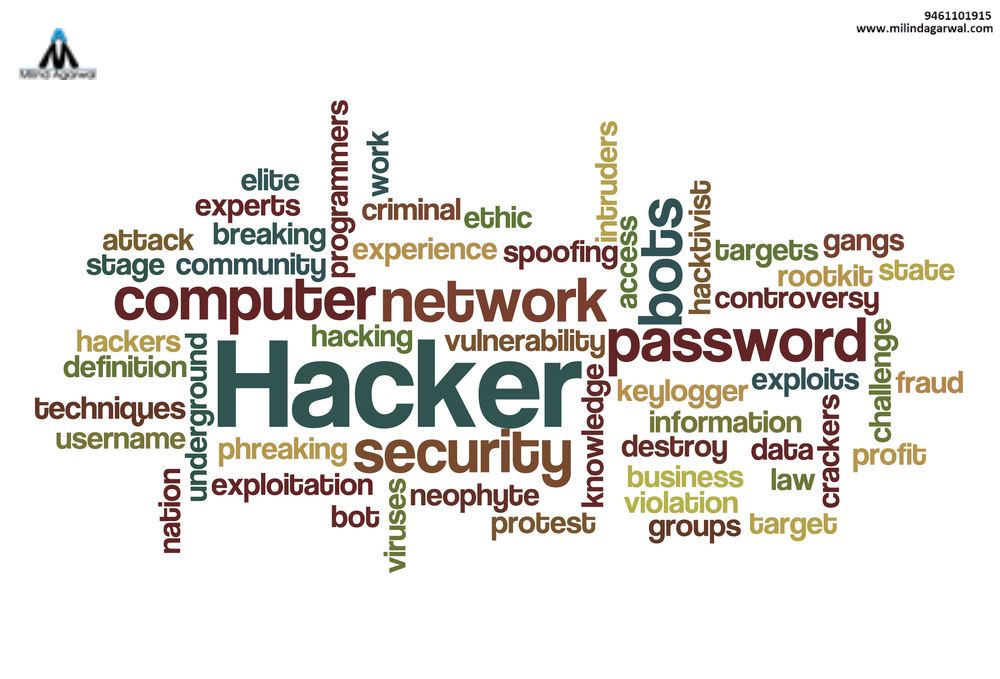In a world dominated by technology, the need for cybersecurity has never been more critical. With cyber threats evolving at an alarming pace, organizations and individuals alike are turning to ethical hacking as a proactive defense mechanism. Ethical hacking, also known as penetration testing or white hat hacking, involves authorized professionals testing computer systems for vulnerabilities to strengthen their security. In this blog, we'll delve into the world of ethical hacking training, exploring its importance, methodologies, and the ethical warriors who defend our digital realm.
The Rise of Ethical Hacking
As technology advances, so do the skills of malicious hackers. Cybersecurity breaches can have severe consequences, ranging from financial losses to compromised personal information. Ethical hacking emerged as a response to these threats, aiming to stay one step ahead by understanding and addressing vulnerabilities before malicious actors can exploit them.
Ethical hackers, also referred to as white hat hackers, undergo rigorous training to develop their skills in identifying and fixing security weaknesses. This training not only sharpens their technical expertise but also instills a deep sense of responsibility and ethics. The goal is not to exploit vulnerabilities for personal gain but to protect and fortify digital systems.
The Importance of Ethical Hacking Training
Proactive Defense: Ethical hacking is a proactive approach to cybersecurity. Instead of waiting for a cyber attack to occur, organizations hire ethical hackers to identify and fix vulnerabilities before malicious actors can exploit them. This proactive stance is crucial in safeguarding sensitive information and maintaining the integrity of digital infrastructure.
Real-World Simulation: Ethical hacking training involves realistic simulations of potential cyber threats. Trainees are exposed to scenarios that mimic actual attacks, allowing them to develop the skills needed to thwart these threats effectively. This hands-on experience is invaluable in preparing ethical hackers for the dynamic landscape of cybersecurity.
Continuous Learning: Cyber threats are constantly evolving, making it essential for ethical hackers to engage in continuous learning. Training programs provide opportunities for professionals to stay updated on the latest hacking techniques, security vulnerabilities, and defensive strategies. This ongoing education ensures that ethical hackers remain at the forefront of cybersecurity.
Ethical Hacking Methodologies
Ethical hacking involves a systematic and disciplined approach to identify and mitigate security risks. Here are key methodologies employed by ethical hackers:
Reconnaissance: Ethical hackers gather information about the target system to understand its vulnerabilities. This phase involves passive activities such as information gathering from public sources.
Scanning: In this phase, ethical hackers actively scan the target system to identify open ports, network services, and potential vulnerabilities. This helps in creating a comprehensive map of the system's attack surface.
Gaining Access: Ethical hackers attempt to exploit vulnerabilities to gain unauthorized access. This phase simulates a real-world attack scenario and helps identify weak points in the system's defenses.
Maintaining Access: Once access is gained, ethical hackers strive to maintain it to assess the extent of potential damage that could be inflicted by a malicious actor.
Analysis and Reporting: After conducting the tests, ethical hackers analyze their findings and prepare a detailed report for the organization. This report includes identified vulnerabilities, the potential impact of exploitation, and recommendations for mitigation.
The Ethical Warriors
Ethical hackers are the unsung heroes of the digital realm, working diligently to protect organizations and individuals from cyber threats. Their commitment to ethical practices distinguishes them from malicious hackers, who exploit vulnerabilities for personal gain.
The term "ethical warrior" aptly describes these professionals who use their skills to defend rather than attack. The role of an ethical hacker requires not only technical prowess but also a strong moral compass. The trust bestowed upon them by organizations is immense, and they carry the responsibility of safeguarding sensitive information and ensuring the resilience of digital systems.
In conclusion, ethical hacking training is a crucial component of modern cybersecurity. As cyber threats continue to evolve, ethical hackers play a pivotal role in fortifying our digital defenses. Their commitment to ethical practices, continuous learning, and proactive defense make them the ethical warriors our interconnected world needs. By investing in ethical hacking training, we empower individuals to become guardians of the digital realm, ensuring a safer and more secure cyberspace for all.


No comments yet